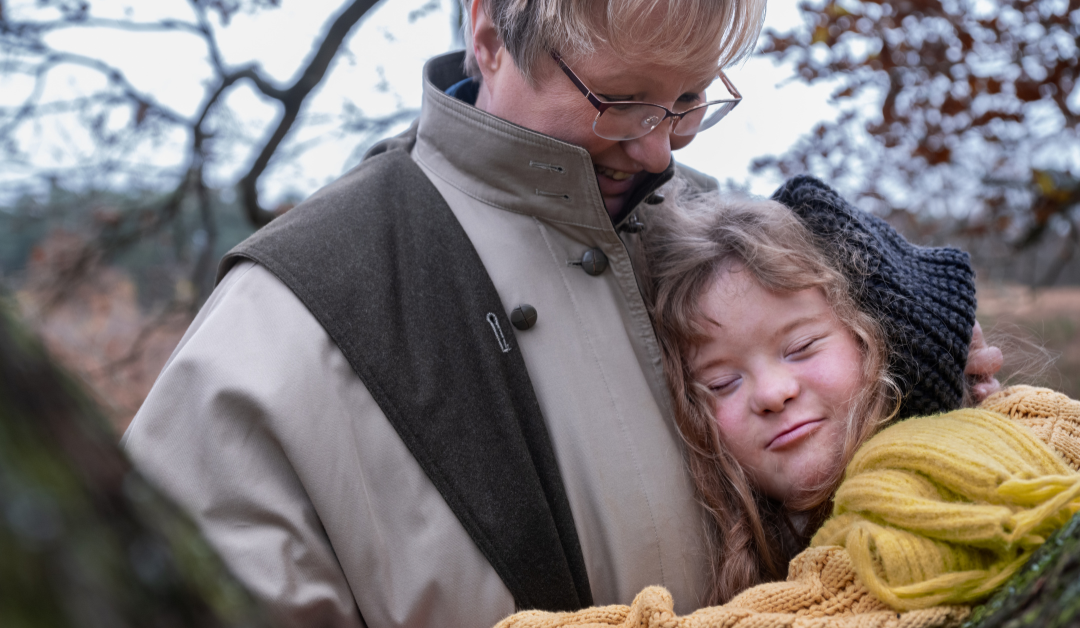Depression is a common mental health condition that can affect anyone, including people with disabilities. In fact, studies have shown that people with disabilities are at a higher risk of developing depression than the general population. It’s important for caregivers and loved ones to be able to spot the signs of depression in disabled people in order to provide support and treatment.
In this blog, we’ll explore some common signs of depression in disabled people.
1. Withdrawal from Social Activities
One of the most common signs of depression is withdrawal from social activities. People with disabilities may avoid social situations because they feel self-conscious or overwhelmed. They may also feel like they don’t fit in or that they are a burden to others.
2. Changes in Appetite or Sleep
Depression can also cause changes in appetite and sleep patterns. People with depression may lose their appetite or overeat, and they may have trouble sleeping or sleep too much. These changes can have a negative impact on their overall health and well-being.
3. Loss of Interest in Hobbies or Activities
People with depression may lose interest in hobbies or activities that they used to enjoy. This can include things like playing sports, reading, or watching movies. They may also have trouble concentrating or making decisions.
4. Set Boundaries
Caregivers often feel guilty for taking time for themselves, but setting boundaries is essential to prevent burnout. It’s okay to say no to additional responsibilities or delegate tasks to others.
5. Physical Symptoms
Depression can also cause physical symptoms, such as fatigue, headaches, and chronic pain. These symptoms can be difficult to manage and may exacerbate feelings of sadness and hopelessness.
6. Negative Thoughts or Feelings
People with depression may have negative thoughts or feelings about themselves, others, or the world around them. They may feel hopeless, worthless, or helpless. They may also have thoughts of suicide or self-harm.
In conclusion, depression is a common mental health condition that can affect people with disabilities. It’s important for caregivers and loved ones to be able to spot the signs of depression in order to provide support and treatment. If you notice any of these signs in a loved one, encourage them to seek professional help from a mental health provider.
Want A Helping Hand?
Hope Human Services provides disability services in Washington State. Our team doesn’t just provide support, but creates exceptional life experiences.

